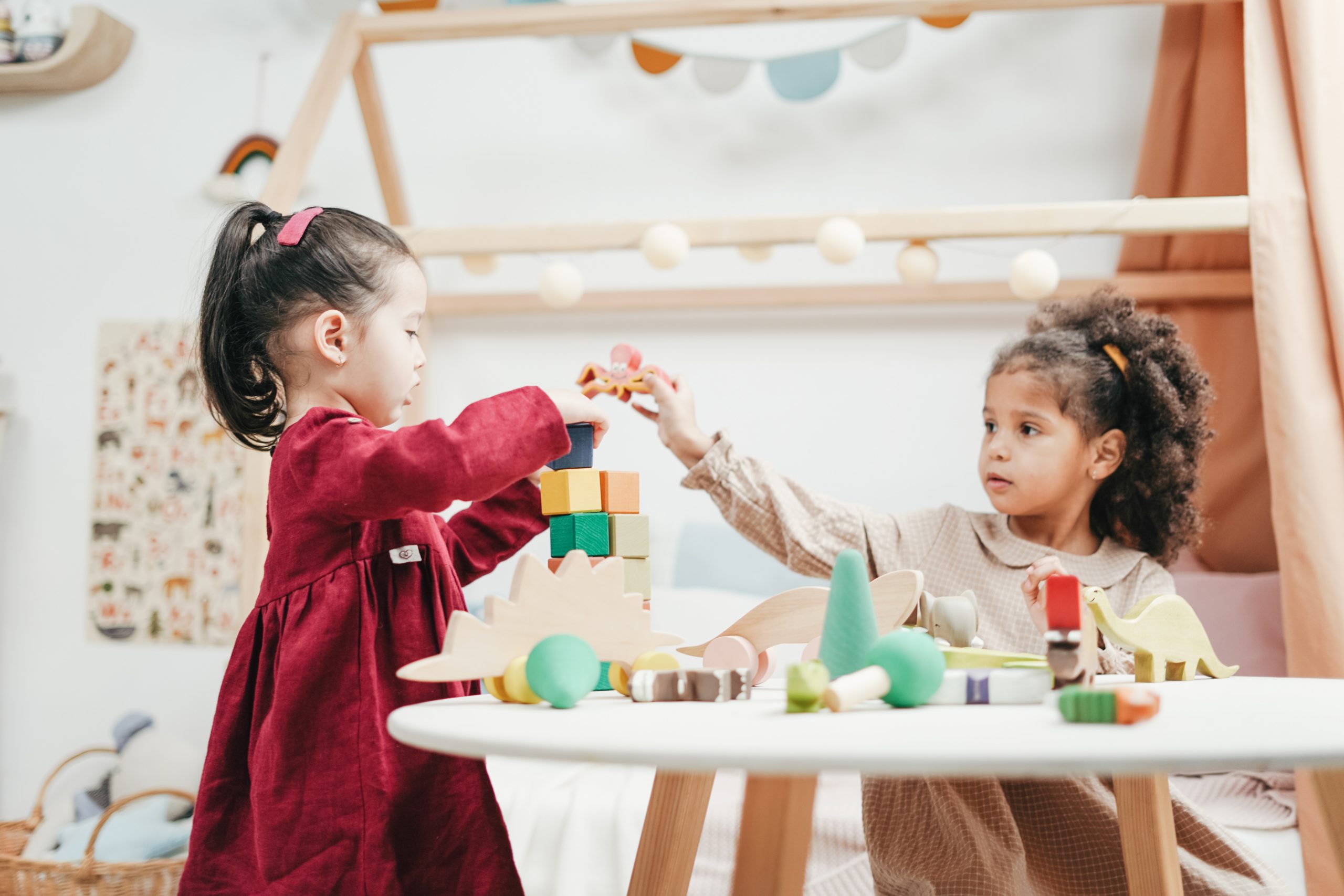Five things to think about before your child starts prep
Starting school is an exciting time, but of course, there’s a lot to think about. In Queensland, children don’t have to start prep in the year they turn five and parents can delay by a year if they’re not sure their child is ready. But how do you know if they’re ready? And what can you do to help them get ready?
Our Social Services team have put together some handy hints and tips to make sure your little one is ready for prep.
Independence
It’s important for kids to have some independence before they start prep. Can your child make decisions and come up with their own ideas? Can they get dressed and put their shoes on by themselves? Can they go to the toilet on their own? There are a few things you can practice that will help increase your child’s independence, like:
- offer them two choices to practice decision-making
- have them practice putting their shoes on and doing them up themselves
- during the holidays, practice a before-school routine that includes things like packing lunch and getting dressed. Add one new task at a time.
Concentration
School will be a new learning environment, and your child might need to concentrate for longer periods of time than they’re used to. Can they sit and listen for at least 15 minutes? Can they follow one or two step instructions most of the time? Can they follow along when you’re reading? Try these activities to help support their concentration:
- when you’re reading to them, ask them questions about the book so that they are actively engaging with you
- have a dedicated time when they do a set activity, like colouring or crafts
- give them small, specific tasks to do, like setting the table
- if your child needs to burn off energy before they can concentrate, think about how you can incorporate that into your before-school routine, e.g. by arriving 10 minutes early for a play on the playground.
Emotional regulation
School can be a big change. Your child will need to adjust and be able to cope with small frustrations and disappointments. Do they know how to ask for help if they’re starting to feel overwhelmed? You can help them learn to improve their emotional regulation in a few different ways:
- teach by example. Children learn behaviours from their parents, so it’s good to show them how you deal with frustrations in a healthy way
- name emotions to your child and talk about them, for example, “You seem upset. Would you like to talk about how you’re feeling?”
- develop strategies and practice them together, like breathing exercises or talking to a friend or trusted adult
- build boundaries around emotions – for instance explain that it’s ok to feel frustrated if a favourite toy is broken, but it’s not ok to throw the toy.
Motor skills
Motor skills develop with practice. Can your child do up their own buttons and zips? Have they learnt to tie their shoes yet? Can they hold a pencil comfortably? Help them practice their fine motor skills with the following ideas:
- practice having them put on their own school uniform. This could also be part of practicing their morning routine
- practice tying their shoes
- do some crafts together that use their fine motor skills, e.g. make a collage and have them cut out pictures, paint together, or draw a picture
- practice gross motor skills like climbing, jumping, or obstacle courses.
Social skills
School will be more fun with friends! Does your child play well with others? Are they comfortable playing by themselves? Do they play well with others? Here are some ways you can help them make friends:
- join in with social activities like playgroups, family fun days, or story times – Facebook, local council and library websites can all be good places to find fun activities
- organise a playdate
- talk to them about making friends – what are some ways to make friends?
- ask them what they might do if someone else was sad.
Other ways to get ready for prep

There are lots of other simple ways you can help your child get ready for prep. Make sure you go along to any prep sessions that the school is offering before the school year starts. It’s also a good idea to do a tour of the school with your child – that way, they will be able to get familiar with their classroom, the toilets and the playground before the first day.
Have some fun and get them involved before the first day by making a lunch plan, picking out their backpack and practicing routines.
If you have any concerns, make sure you are honest with the school or the teacher – this will help the teacher support your child as much as possible.
Once school starts
The big day is finally here! A positive attitude will go a long way, as kids often pick up on how the adults around them are feeling – so talk about going to school in an encouraging way. Make sure you drop them off early on the first day, so they have plenty of time to settle in before class starts.
As your family settles into the new routine, be careful of overwhelming your child. The first term of school can be a lot, so think about cutting back on activities outside of school for a bit.
It’s a good idea to ask open-ended questions about how your child is finding school, to avoid the dreaded monosyllabic answers and allow them to express themselves openly. Questions like “What made you feel good today?” or “What was something you learned today?” can encourage your child to express themselves in a positive way.
There’s a lot to think about as you get ready for this exciting milestone, so don’t forget to snap a few pictures for the family album.
For more resources, head to the Queensland Government’s starting school page.

